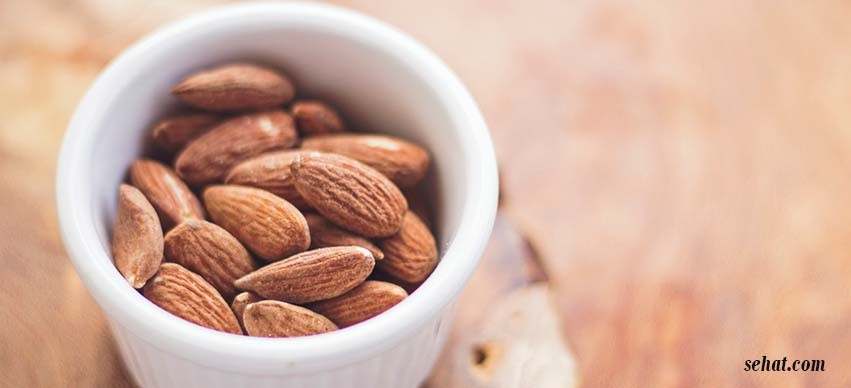What is Tempeh? Nutrition, Health Benefits, How to eat
4 Min Read

Is endometriosis diet the answer to your health problems? Endometriosis is a disease all women need to be aware of. The level of endometriosis related cases has been on a rise, and women need to know all they can to improve their health without having to undergo surgery or taking any drugs.

Endometriosis is a problem related to the menstrual cycle. The endometrium is the tissue inside the uterus. The endometrium thickens at times, so that the tissue can support a fully fertilized egg, when a woman gets pregnant. This lining will slough off once the period starts- in fact, it is the cause of the bleeding that occurs during a period, in the first place.
Endometriosis occurs when the tissue that grows inside the uterus grows outside, in other parts of the body. It can grow in the fallopian tubes, ovaries, uterus, intestine, etc. The same hormones that trigger menstrual cycle cause sloughing among the other endometrial implants in the body. This can result in a small amount of blood being released, which can cause pain and irritation around the tissue.
Over a period of time, this can cause scarring around the reproductive organs and the abdomen.

Endometriosis treatments can involve a combination of dietary changes, nutritional supplements and alternative therapies. The primary course of treatment is not just to get rid of the endometrial layer developing in different parts of the body, it is to eliminate the cause of the endometriosis. These diets should also improve the body metabolism.
A endometriosis diet should involve very little carbohydrate and sugar. Eating starchy, or sweet diet would damage your hormonal cycle and cause harmful fluctuations to the chemical levels in your body. You should change your diet to eliminate all non-organic dairy products. A whole foods diet is a requirement. You should control your carbohydrate levels.
You should also consume healthy levels of fat, so the endogenous estrogen production is maintained. Consumption of Omega-3 fatty acids would be good for your health because it also regulates the amount of estrogen production in your body.
Women with endometriosis should also avoid eating fatty foods. This includes red meat, or dairy products. Women should also avoid eating the peels of fruits and vegetables, and eat organic, as far as possible.

In order to ensure that you get the most out of the endometriosis diet, you have to make sure the food is fresh. You should buy the food when it is fresh, and eat it when it is fresh. You should not eat any processed foods, as they are full of preservatives and pesticides. You should also eat a wide variety of foods in a day, so that you cover all the nutritional fields.

The diet should include at least 75 grams of protein (especially from fish, low-fat dairy products, and eggs). You should include legumes, nuts, and seeds in your daily diet, as well. You should also include fruits (especially berries).
The diet is usually harmless and has very few drawbacks. However, the diet is incredibly slow and one has to be really patient while going through the diet. It has to be followed for at least four weeks for it to have a positive impact. The diet is not a singular cure. You would still have to go to a gynaecologist and get serious medical help- the diet just acts as a supplement.
These are some of the very few drawbacks of the endometriosis diet. These drawbacks can certainly be overlooked. But, do make sure that you consult with your gynaecologist and a dietician before you go on this diet.
Sehat provides list of best Endocrine Surgeons in Hyderabad from which you can research and choose the right doctor for your condition.